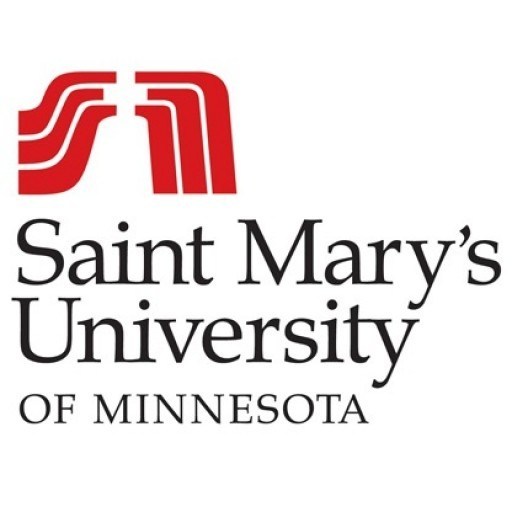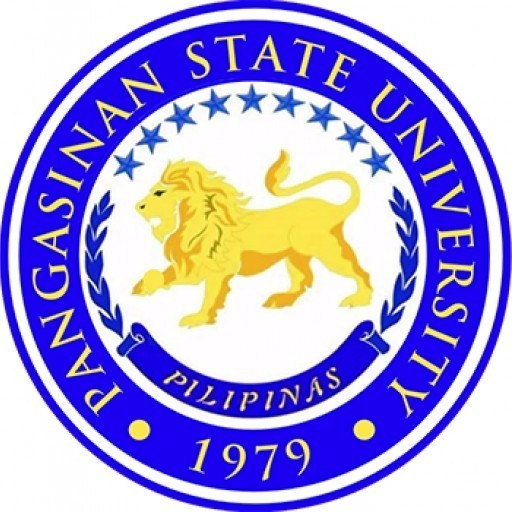Economics at Saint Mary's University offers a comprehensive undergraduate program designed to provide students with a solid foundation in economic theory, quantitative methods, and real-world applications. The curriculum equips students with critical thinking, analytical skills, and a deep understanding of how economic forces influence various sectors and societies. Throughout the program, students explore both microeconomics and macroeconomics, gaining insights into individual markets, consumer behavior, and overarching economic policies. The program emphasizes the development of quantitative skills through coursework in mathematics, statistics, and data analysis, enabling students to interpret economic data accurately and make informed decisions.
In addition to core economic courses, students have opportunities to specialize in areas such as international economics, public policy, financial economics, or development economics. Saint Mary’s University encourages experiential learning, offering internships, research projects, and case studies that connect theoretical knowledge to practical scenarios. The program also promotes ethical considerations and social responsibility in economic decision-making, preparing graduates to address complex economic challenges in diverse settings.
Graduates of the Economics program are well-prepared for careers in finance, governmental and non-governmental organizations, consulting firms, or further studies in economics, business, or law. They develop essential skills such as data analysis, policy assessment, and strategic thinking, which are highly valued in the increasingly globalized and data-driven economy. The supportive academic environment, experienced faculty, and access to resources ensure that students receive a quality education that prepares them for professional success and lifelong learning.
Program Overview
The Bachelor of Arts in Economics at Saint Mary’s University offers students a comprehensive understanding of economic theories, principles, and applications. The curriculum is designed to equip students with critical thinking, quantitative analysis, and problem-solving skills necessary to analyze economic issues at local, national, and global levels. Through a combination of core courses, electives, and practical experience, students gain a solid foundation in microeconomics, macroeconomics, econometrics, and economic policy.
The program emphasizes both theoretical and applied aspects of economics, preparing graduates for diverse career opportunities in fields such as finance, government, research, consulting, and international organizations. Students will learn to interpret economic data, develop models, and evaluate policies using modern analytical tools. The curriculum also encourages interdisciplinary perspectives, integrating aspects of mathematics, statistics, and social sciences to deepen understanding of economic phenomena.
Throughout the program, students have opportunities to engage in research projects, internships, and seminars led by faculty with expertise in areas like economic development, financial economics, and public policy. The program also stresses ethical considerations and social responsibility, preparing students to make informed decisions that positively impact society.
Saint Mary’s University’s Economics program is committed to fostering a dynamic learning environment that promotes inquiry, innovation, and professionalism. Graduates will be well-equipped for further study at the graduate level or to enter the workforce with a strong analytical skill set. By the end of their studies, students will have developed the knowledge and skills necessary to interpret complex economic issues and contribute meaningfully to their communities and industries.
The program content is regularly updated to reflect current economic challenges and trends, ensuring graduates are prepared for the evolving global economic landscape. Whether students are interested in pursuing careers in policy analysis, financial markets, consulting, or academia, the Economics program at Saint Mary’s University provides a robust foundation for success and lifelong learning.
Program requirements for the Bachelor of Arts in Economics at Saint Mary's University include completing a minimum of 120 credit hours, which typically spans four years of full-time study. Students are expected to fulfill a series of core courses in microeconomics, macroeconomics, and quantitative methods such as statistics and mathematics to establish a strong foundation in economic theory and analytical skills. Additionally, students must select and complete electives from various disciplines to develop a well-rounded understanding of economic applications in areas such as public policy, international economics, and business economics. The program encourages engagement in research projects and internships to gain practical experience and enhance employability. All students are required to maintain a minimum GPA as specified by the university’s academic policies and to adhere to the code of conduct throughout their studies. Moreover, students must complete a capstone project or thesis in their final year to demonstrate their ability to apply economic principles to real-world problems. Participation in seminars, workshops, or specialized training sessions related to econometrics, data analysis, or economic modeling may also be recommended or required as part of the program. The program aims to prepare graduates for careers in government, finance, consulting, or further graduate studies in economics or related fields.
Financing for the Bachelor of Economics program at Saint Mary's University is designed to support students through a variety of funding options and financial aid opportunities. The university offers numerous scholarships, bursaries, and awards based on academic achievement, financial need, and other criteria to help offset the costs associated with pursuing a degree. Prospective and current students are encouraged to explore the Saint Mary’s University Entrance Scholarships, which are available to incoming students demonstrating excellence in academics and leadership qualities. Additionally, there are dedicated bursaries for students from different backgrounds and circumstances, aiming to promote accessibility and diversity within the student community.
Students can also benefit from work-integrated learning opportunities, such as cooperative education (co-op) programs, which provide paid work experiences related to their field of study. These programs not only enhance practical skills and employability but also offer financial benefits that help students manage their educational expenses. Saint Mary’s University maintains partnerships with local businesses and organizations to facilitate co-op placements, increasing students’ earning potential during their studies.
Federal and provincial financial aid programs are available to qualified Canadian students studying at Saint Mary’s University. The Canada Student Loans Program (CSLP), Nova Scotia Student Assistance, and other provincial grants can cover tuition fees, textbooks, living expenses, and other related costs. International students are also encouraged to seek external scholarships and private funding sources to assist with their study costs, as Saint Mary’s University offers limited in-house financial support for international students.
Tuition fees for the Economics program are published annually on the university's website and are subject to change. Students are advised to plan their finances early and consider applying for financial aid well before the commencement of classes. The university also provides financial planning workshops and counseling services to help students budget effectively and understand various funding options.
Overall, Saint Mary’s University is committed to making quality higher education accessible to all qualified students by offering a comprehensive range of financial support options. The program’s financing opportunities are designed not only to reduce the financial burden but also to promote student success and graduation without undue economic hardship.
The Bachelor of Arts in Economics at Saint Mary's University offers students a comprehensive understanding of economic principles and their application to real-world situations. The program is designed to equip students with analytical skills, critical thinking, and a solid foundation in quantitative methods, enabling them to analyze economic issues both domestically and internationally. Throughout the course of study, students will explore core topics such as microeconomics, macroeconomics, economic theory, and international economics. The curriculum also emphasizes the development of research skills and data analysis techniques, preparing graduates for careers in finance, government, consulting, or further graduate studies.
Saint Mary's University’s Economics program benefits from experienced faculty members who are active researchers and practitioners in their fields. Students have access to modern facilities and resources, including computer labs and economic databases, to enhance their learning experience. The program encourages experiential learning through internships, cooperative education placements, and case studies, which help students gain practical experience and professional connections in the economic sector.
In addition to technical skills, the program emphasizes ethical considerations and the societal impacts of economic policies, aiming to produce socially responsible graduates. The program offers opportunities for students to participate in seminars, workshops, and conferences, fostering a vibrant academic community. Graduates of the program are well-prepared to pursue advanced degrees or to enter the workforce directly in roles such as economic analysts, financial advisors, policy advisors, or research associates. The program’s strong emphasis on both theoretical knowledge and practical application ensures that students are ready to navigate complex economic environments and contribute meaningfully to their chosen careers.

